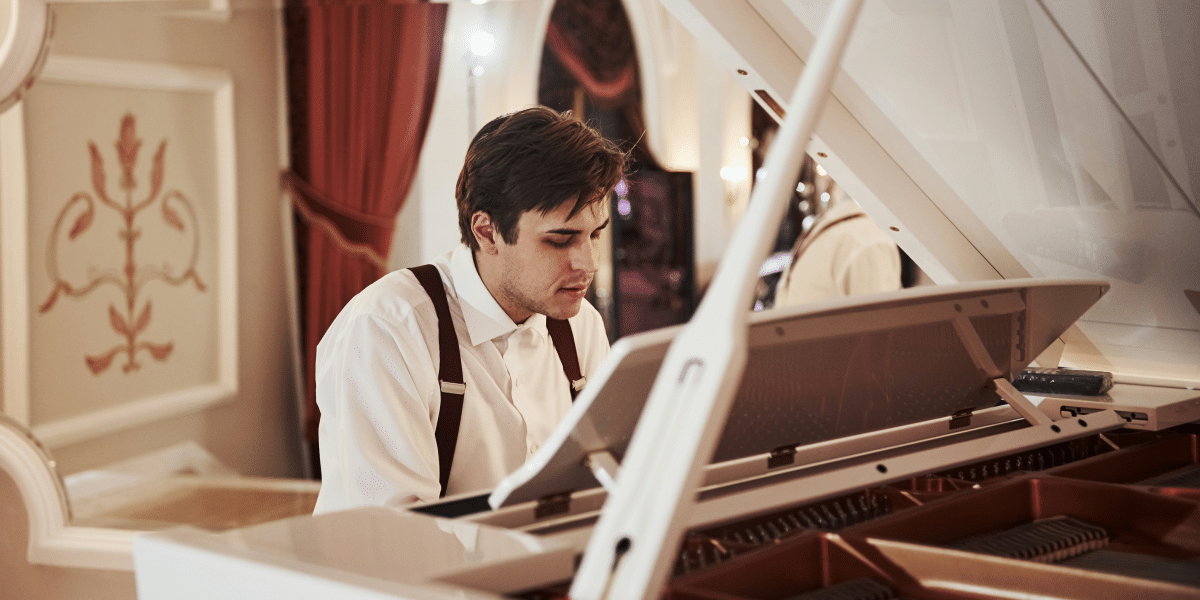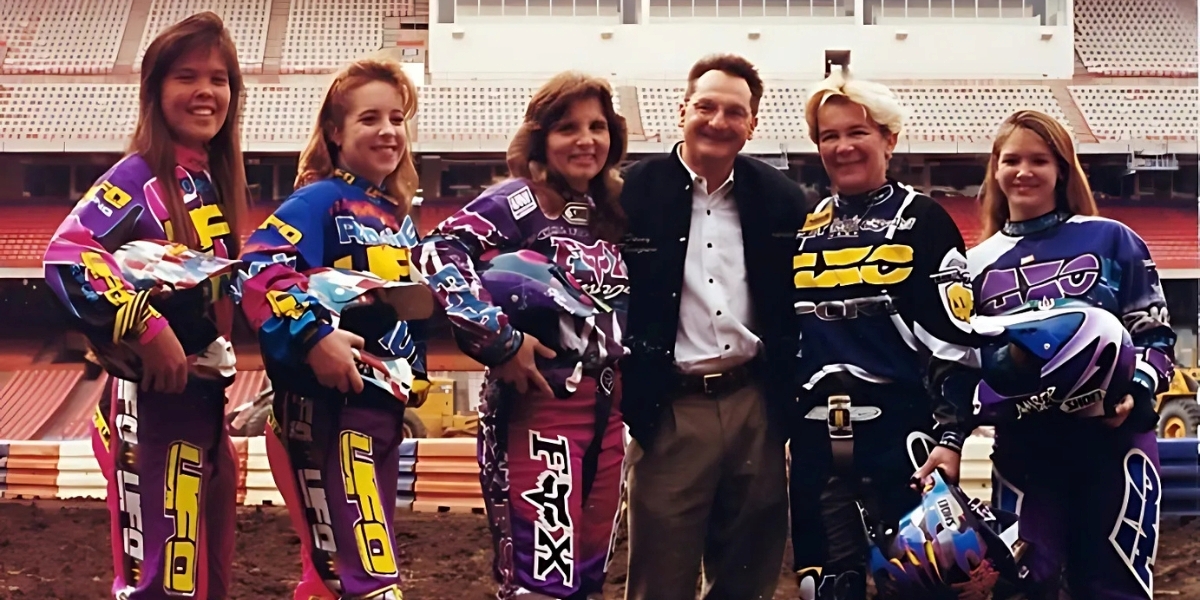Don’t dismiss those moments as random brain blips. They’re the seeds of something special, your unique musical voice trying to break free. Composing isn’t just for the Beethovens and Mozarts of the world; it’s for anyone who feels the pull of music and wants to express themselves in a whole new way. As the old adage goes, “Music is the shorthand of emotion.” So, let those emotions guide you on a journey of creativity and self-discovery.
Turning your musical ideas into a full-fledged composition might seem daunting, but trust me, it’s way more doable than you think. With a little guidance, some practice, and a whole lot of fun, you’ll be surprised at what you can create. So, dust off that keyboard, open your ears to the melodies swirling around in your head, and let’s get started on this exciting adventure of piano composition!
Finding Your Musical Voice: It’s Not Just for the Mozarts
Don’t get intimidated by the greats – Bach, Beethoven, and the whole gang. Piano composition isn’t just for the musical geniuses of history. It’s for anyone with a passion for music and a willingness to explore. Your unique experiences, emotions, and even your favorite ice cream flavor can all be sources of inspiration for your compositions.
As the saying goes, “Music is what feelings sound like.” So, don’t worry about following the rules or trying to sound like someone else. Just let your heart guide your fingers, and see where the music takes you.
While a piano and some staff paper are essential, there’s a whole toolkit at your disposal to help you on your composition journey. Music theory can be your trusty sidekick, offering insights into melody, harmony, and rhythm. But don’t let it be a roadblock. “Music theory is a map, not the territory,” says composer and educator, John Cage. Start simple, experiment, and gradually incorporate theory as you go.
In today’s digital age, we’ve also got some cool tech toys to play with. Music composition software and apps can be incredibly helpful, especially if you’re not a whiz at writing sheet music. These tools let you record your ideas, experiment with different sounds, and even create full arrangements with virtual instruments.
The hardest part is often just getting started. So, how do you go from a random idea to a fully-fledged piano piece?
- Capture Your Sparks: Hum your melody into your phone, jot down a chord progression that’s stuck in your head, or doodle a rhythmic pattern. Don’t let those fleeting ideas disappear!
- Experiment and Play: Spend time at the piano just messing around. Try different chord combinations, play with various rhythms, and see what sounds good to your ears.
- Develop Your Ideas: Take those musical fragments and start expanding on them. Add a contrasting section, repeat a melody with a different harmony, or introduce a new rhythmic pattern.
- Don’t Be Afraid to Edit: Not every idea is a winner, and that’s okay. Be willing to cut, revise, and rearrange until your composition feels complete.
Sharing Your Music: From the Living Room to the World Stage
Remember, you never know who might be listening. Your music could resonate with someone in a way you never imagined, or even inspire another budding composer to take up the piano. And hey, maybe you’ll go viral and become the next internet sensation! Even if you don’t, sharing your work is an essential part of the creative process. It allows you to connect with others, receive valuable feedback, and grow as a musician.
Above all, remember that piano composition is a journey, not a destination. It’s about the joy of creation, the thrill of experimentation, and the satisfaction of turning your musical ideas into reality. So, take it one note at a time, enjoy the process, and let your creativity soar. As one wise composer once said, “Music is the universal language of mankind.” So, go out there and speak your mind through the beautiful language of piano composition.








